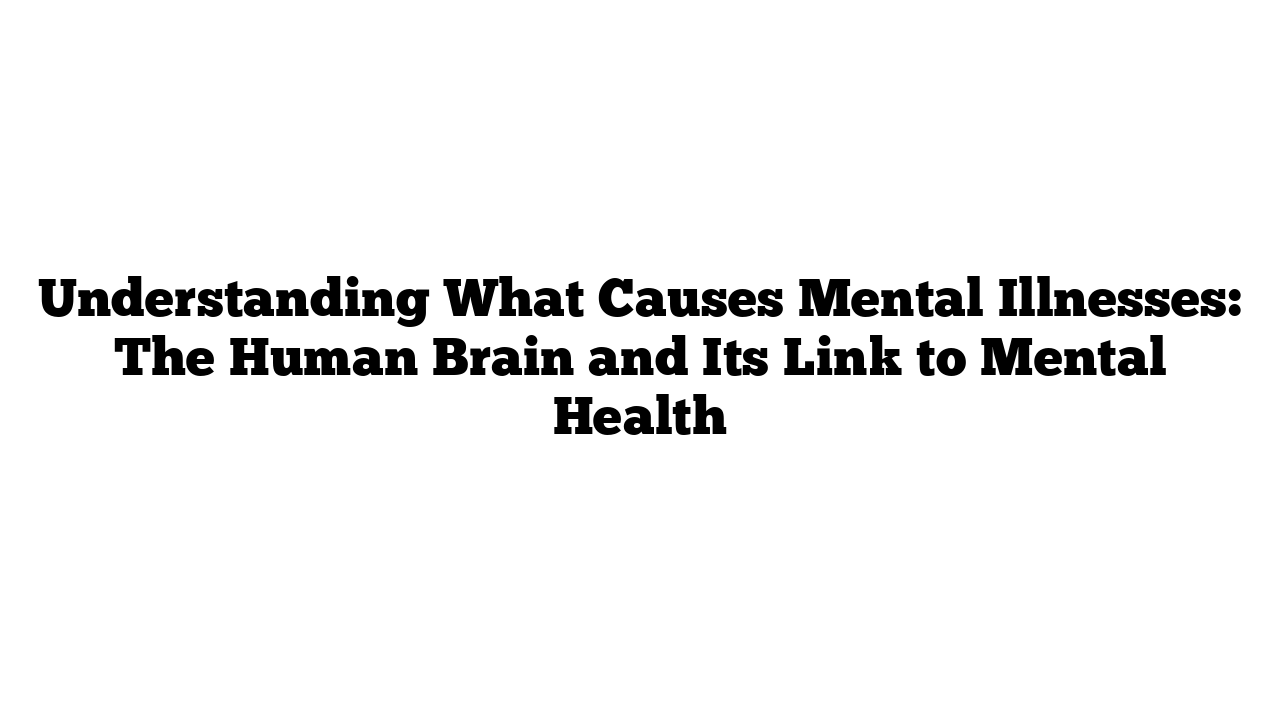Think of your brain as the powerhouse that controls every action and reaction in your body. Its ability to function properly is crucial for a fulfilling life. When this “machine” malfunctions, we often need to look under the hood to figure out what’s wrong.
Key Brain Areas Impacting Mental Health
Several parts of the brain significantly influence our mental well-being. Two essential regions are the amygdala and the hippocampus.
The Amygdala: The Emotion Regulator
The amygdala regulates emotions such as anger, pleasure, and fear. It plays a crucial role in triggering our fight or flight response. When faced with stress or danger, it helps us react appropriately.
The Hippocampus: The Memory Bank
The hippocampus acts as the memory bank, storing and recording facts and events throughout our lives. Together with the amygdala, it shapes how we react to and express our emotions. The amygdala “bookmarks” specific events that elicit strong feelings, while the hippocampus keeps these memories for the long term. This is why you might vividly recall the anxiety of your first day in kindergarten or the joy of getting your first pet.
The Impact of Depression on Brain Structure
Research has shown that individuals with depression often have smaller amygdalae and hippocampi. In a healthy brain, you would see normal activity, while scans of a depressed brain reveal reduced activity in these areas.
Scientists believe that severe stress experienced by individuals with depression disrupts communication between brain cells. The human brain contains approximately 86 billion messengers known as neurons. These neurons communicate with each other by firing chemical signals, but there’s a fine line between the risks and benefits of these signals.
Miscommunication Among Neurons
Many scientists suggest that various mental illnesses may arise from miscommunication between neurons. Take dopamine, for instance. This feel-good chemical provides a sense of pleasure, helps maintain interest, and allows for focus and planning. However, excessive levels of dopamine can lead to addiction, while unstable amounts are linked to conditions such as schizophrenia and ADHD.
Conversely, low levels of another important chemical, serotonin, are associated with depression and Obsessive-Compulsive Disorder (OCD). This is why many antidepressants aim to balance serotonin levels in the brain.
The Complexity of Mental Illness
It’s essential to understand that no single factor causes mental illness. Rather, it is often a complex interplay of life experiences, family history, and chemical imbalances in the brain. Understanding the intricacies of these brain circuits may hold the key to unlocking the mysteries of mental health.
As a doctor, I encourage you to consider the holistic view of mental health. Recognizing the role of these brain structures and chemicals can help pave the way for better treatments and improved mental well-being.
If you or someone you know is struggling with mental health issues, don’t hesitate to seek help. Remember, understanding these complexities can be the first step towards healing.
For more information on mental health, visit medicaltimes.io.
References
- “The Role of the Amygdala in Anxiety Disorders.” American Psychological Association. Link
- “Hippocampus: A Critical Player in Memory.” National Institute of Mental Health. Link
- “Dopamine and Its Role in Mental Health.” Mayo Clinic. Link
By building trust with your audience, you provide valuable insights that can lead to better mental health understanding and awareness.
